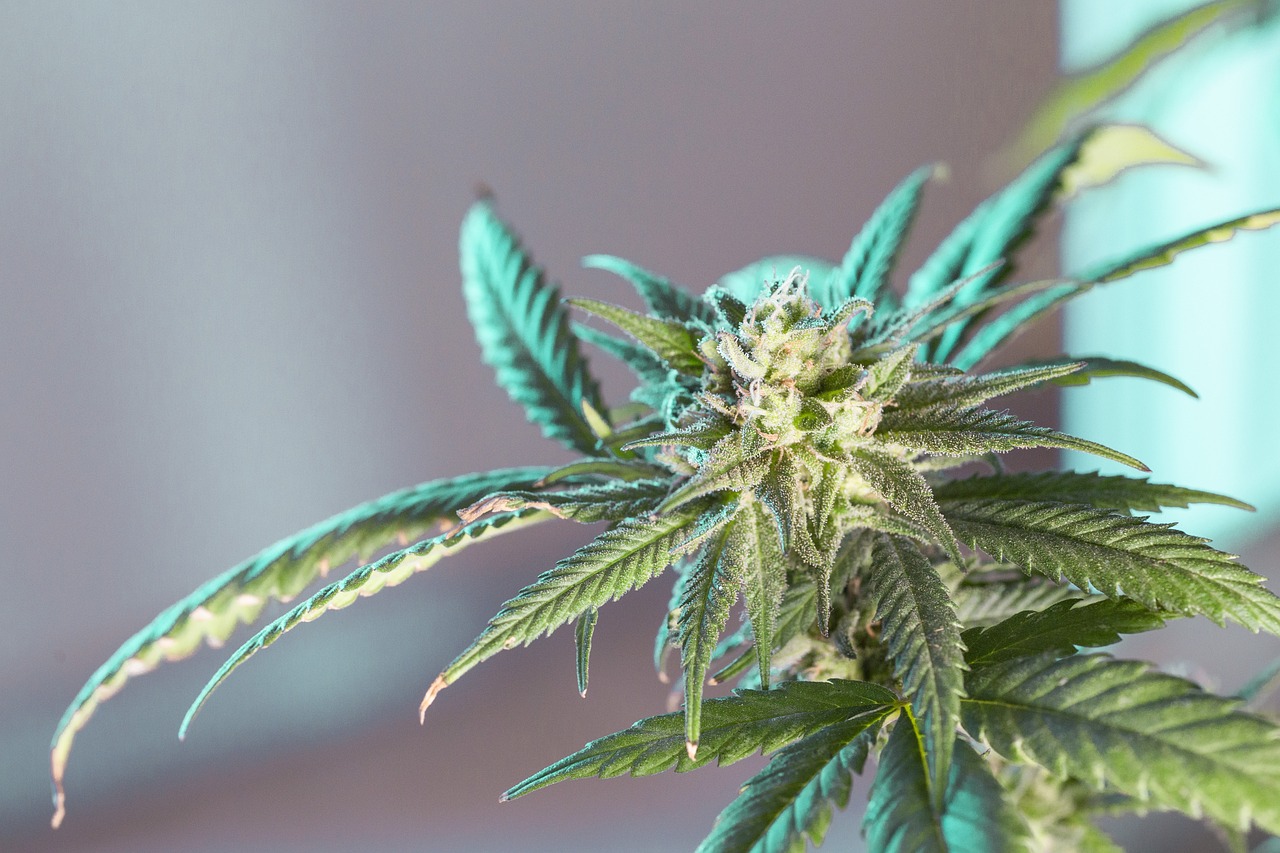In recent years, the interest in cannabis compounds has grown significantly, with many individuals exploring their potential health benefits. One such compound that has garnered attention is THCA, or tetrahydrocannabinolic acid. Unlike its more famous counterpart THC, THCA is non-psychoactive, meaning it doesn’t produce the “high” associated with cannabis. This article delves into the healing potential of THCA through the experiences of those who have used it.
Understanding THCA
THCA is a cannabinoid found in raw and live cannabis. It is the precursor to THC, which means it converts to THC when exposed to heat through a process called decarboxylation. While THC is known for its psychoactive effects, THCA flower tinctures is gaining recognition for its potential therapeutic properties.
Potential Benefits of THCA
Research into THCA is still in its early stages, but preliminary studies and anecdotal evidence suggest several potential benefits:
- Anti-inflammatory properties
- Neuroprotective effects
- Anti-emetic (anti-nausea) capabilities
- Appetite stimulation
- Antioxidant properties
Stories from Users
To better understand the impact of THCA, we turn to the stories of individuals who have incorporated it into their wellness routines. These personal accounts provide insight into how THCA may offer relief for various conditions.
Case Study: Managing Chronic Pain
Jane, a 45-year-old woman from California, has been living with chronic pain due to fibromyalgia for over a decade. Traditional medications provided limited relief and came with unwanted side effects. After researching alternative treatments, Jane decided to try THCA. She began using a tincture made from raw cannabis, which she added to her morning smoothie.
Within weeks, Jane noticed a significant reduction in her pain levels. She reported feeling more energetic and able to engage in activities she had previously avoided. Jane’s experience highlights the potential of THCA as a natural pain management option.
Case Study: Reducing Inflammation
Mark, a 60-year-old retired athlete, struggled with joint inflammation that affected his mobility. After hearing about THCA from a friend, he decided to give it a try. Mark incorporated THCA-rich raw cannabis juice into his diet.
Over time, Mark observed a decrease in inflammation and an improvement in his overall joint health. He was able to resume his daily walks and even returned to playing tennis. Mark’s story illustrates how THCA may help reduce inflammation and improve quality of life.
Case Study: Alleviating Nausea
Susan, a cancer patient undergoing chemotherapy, experienced severe nausea that made it difficult to maintain her appetite. Her oncologist suggested exploring cannabis-based treatments, leading Susan to discover THCA.
She began using a THCA tincture, which she found to be effective in alleviating her nausea without the psychoactive effects of THC. Susan’s experience demonstrates the potential of THCA in managing chemotherapy-induced nausea.
Scientific Insights
While user stories provide valuable insights, scientific research is essential to validate the therapeutic potential of THCA. A study published in the “British Journal of Pharmacology” highlighted THCA’s anti-inflammatory properties, suggesting it may be beneficial for conditions like arthritis.
Another study in “Neurotherapeutics” explored THCA’s neuroprotective effects, indicating its potential in treating neurodegenerative diseases such as Alzheimer’s. These findings, though preliminary, offer promising avenues for future research.
Challenges and Considerations
Despite the promising stories and research, there are challenges associated with THCA use. The lack of regulation and standardization in the cannabis industry can lead to variability in product quality and potency. Users should seek products from reputable sources and consult healthcare professionals before incorporating THCA into their regimen.
Conclusion
The healing potential of THCA is supported by both user experiences and emerging scientific research. From managing chronic pain and reducing inflammation to alleviating nausea, THCA offers a range of potential benefits. As research continues, it may unlock new therapeutic applications for this non-psychoactive cannabinoid. For those seeking alternative treatments, THCA presents a promising option worth exploring.



